They’ve been debunked for years, but somehow people keep repeating them.

You’d think we’d be past the point of arguing whether climate change is real. But every time there’s a heat wave, wildfire, or hurricane, the same tired talking points resurface like they’ve never been addressed. And it’s not just trolls in comment sections. These arguments show up in policy debates, corporate greenwashing, and everyday conversations—acting like speed bumps on the road to progress.
Some of them sound logical until you dig even slightly below the surface. Others are just flat-out denial wrapped in cherry-picked stats or fake “balance.” Either way, they all serve the same function: to delay action, shift blame, or downplay responsibility. We don’t have time for that anymore. The climate crisis isn’t a matter of opinion—and clinging to these myths won’t make reality less urgent. It’s time to retire these arguments for good and stop letting outdated nonsense set the tone for our future.
1. “The climate has always changed.”
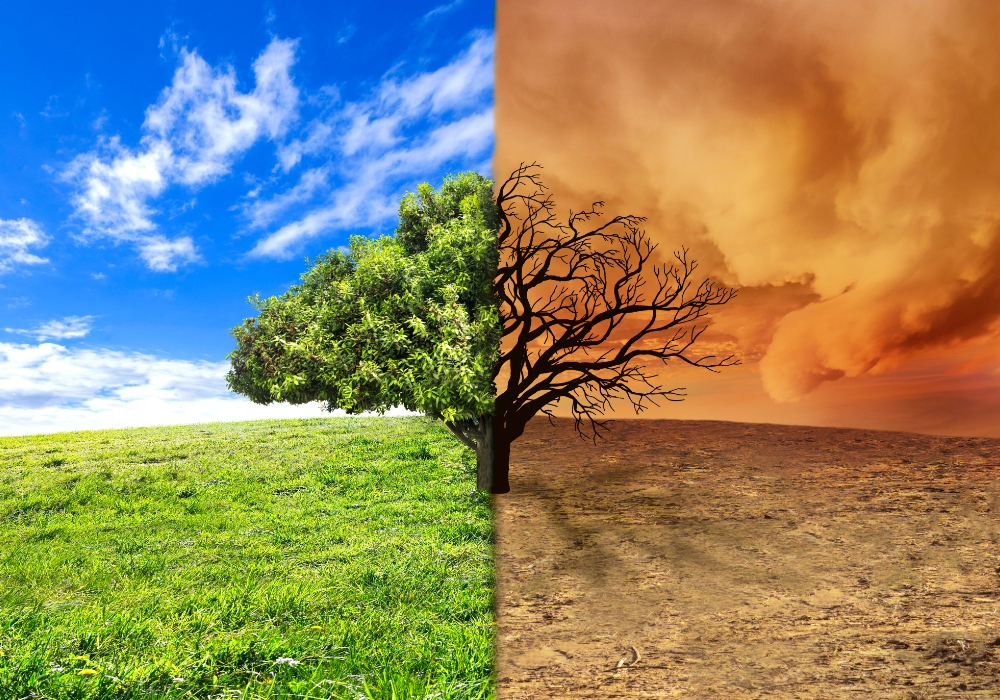
Yes, the Earth’s climate has shifted before—but not like this. Past climate changes happened over thousands of years, not a couple of centuries. The rate we’re seeing now is wildly out of step with natural cycles, and it just happens to coincide with a massive spike in fossil fuel use. That’s not a coincidence. It’s cause and effect.
Bringing up historical climate shifts ignores the overwhelming evidence showing how human activity is driving today’s crisis. Rebecca Lindsey reports on Climate.gov that current CO₂ levels exceed anything Earth has seen in at least 800,000 years—and that the rate of increase today is about 100 times faster than past natural changes. This argument isn’t just wrong—it’s a distraction from real solutions. Pretending it’s all part of some natural rhythm lets polluters off the hook and delays the action we need now.
2. “It’s cold outside, so how can the planet be warming?”

Weather and climate are not the same thing. A cold day in February doesn’t cancel out decades of rising global temperatures. Emily Ranieri explains in SEBS/NJAES News that climate change may be destabilizing the polar vortex, allowing frigid Arctic air to spill farther south and intensify winter storms.
This argument plays on surface-level observations instead of actual science. Global warming doesn’t mean every single day will be hotter—it means average temperatures over time are increasing. And that shift messes with all kinds of weather systems, not just heat waves. Pointing to a snowstorm as proof that the planet isn’t warming is like saying a rainy day means droughts aren’t real.
3. “But volcanoes emit more CO₂ than humans.”
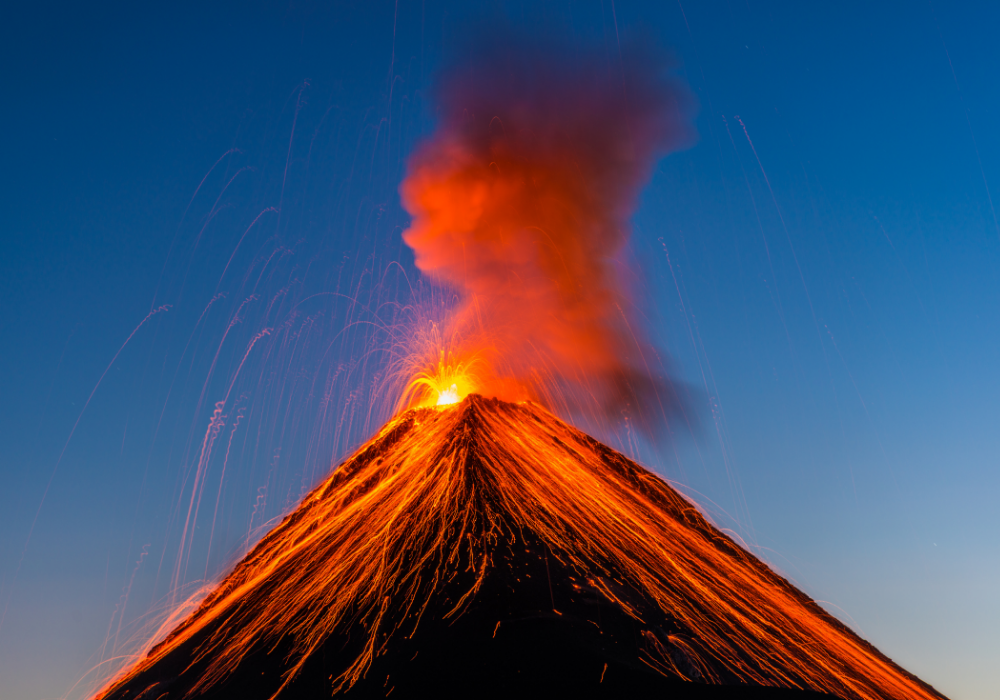
This one gets repeated a lot, but it’s simply not true. Human activity releases more than 100 times the CO₂ of all volcanic eruptions in a typical year, according to Josh Kelety in AP News. Volcanic eruptions are dramatic, but their CO₂ output is tiny compared to fossil fuel emissions. Scientists have measured both, and the numbers don’t lie. We know exactly how much CO₂ is entering the atmosphere, and where it’s coming from.
It’s not from lava. It’s from gas pumps, factories, power plants, and deforestation. Clinging to the volcano excuse just shows how far some people will go to avoid acknowledging human responsibility.
4. “We need fossil fuels to keep the economy going.”
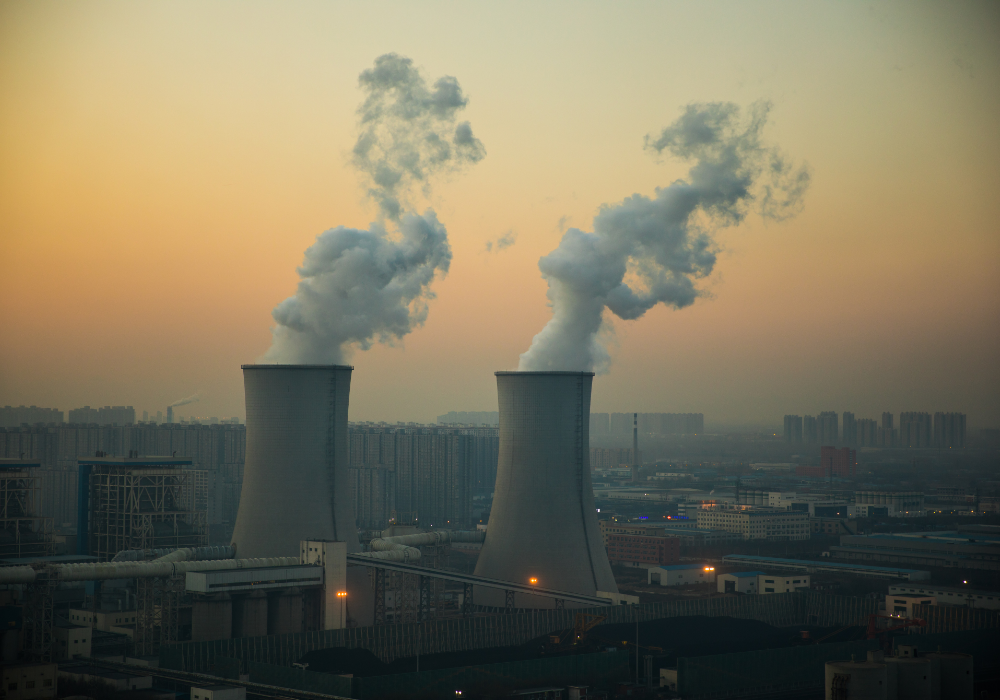
Short-term thinking like this is what got us into this mess. Fossil fuels may have built the modern economy, but they’re also destabilizing the planet it depends on. Climate disasters aren’t just environmental—they’re economic.
Wildfires, floods, heat waves, and hurricanes are racking up billions in damages every year. Clean energy isn’t a job-killer—it’s a job-shifter. Solar and wind are already outpacing fossil fuels in affordability, and they create more jobs per dollar invested.
Holding on to oil and gas out of fear is like refusing to stop smoking because you run a tobacco shop. The economy can’t thrive on a dying planet, and delaying the transition is only making it more painful.
5. “China pollutes more, so why should we do anything?”
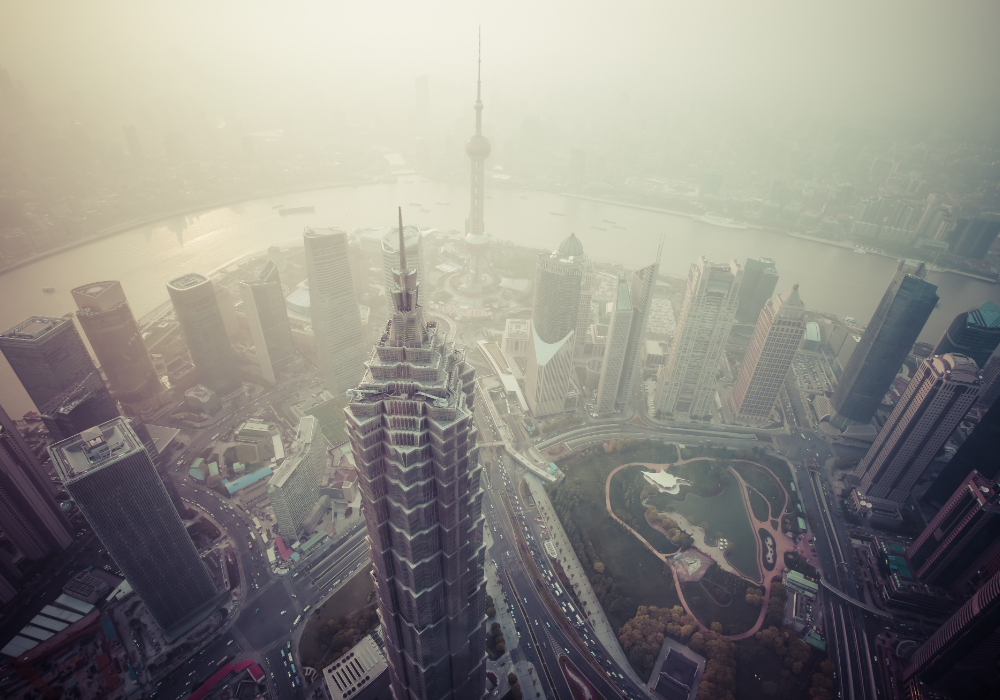
This argument skips over a few critical facts. First, the U.S. has contributed more cumulative CO₂ to the atmosphere than any other country. Second, on a per-person basis, Americans still have one of the highest carbon footprints in the world. Pointing fingers doesn’t erase responsibility.
China’s emissions are huge, yes—but they’re also investing heavily in clean energy. And many of the goods they produce (and pollute to make) are for export, including to the U.S. Global problems require global solutions. Using another country’s pollution as an excuse to do nothing is like refusing to clean your own house because your neighbor’s is messy too.
6. “We can just adapt to climate change.”
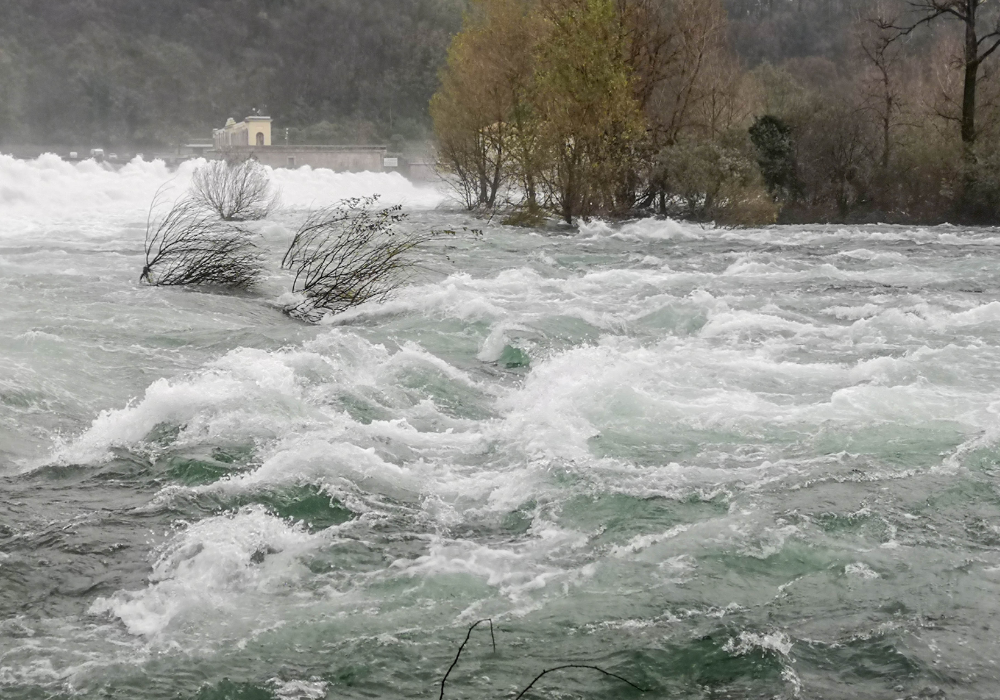
Adapting to some changes is necessary—but pretending we can fully adapt is a dangerous fantasy. How do you “adapt” to rising sea levels swallowing coastal cities? Or farmland turning to dust? Or hundreds of millions of climate refugees looking for a new home?
There are limits to what infrastructure and technology can do. This argument usually comes from people with the resources to insulate themselves—for now. But not everyone has the money to rebuild after a flood or move away from wildfire zones. The idea that we can just roll with it ignores the scale of the crisis and the people it hits hardest. Adaptation without mitigation is just surrender with better marketing.
7. “It’s too late to do anything now.”

This one sounds defeatist—but it’s also wildly inaccurate. Yes, we’ve done damage. Yes, we’re behind where we should be. But that doesn’t mean we’re out of options. Every fraction of a degree we don’t warm the planet matters. Cutting emissions today makes tomorrow’s disasters less severe. That’s not hope—it’s physics.
Saying it’s “too late” becomes a self-fulfilling prophecy. It gives corporations and governments an easy out, and it convinces individuals to give up before they’ve even started. The truth is, climate action works. Countries have phased out coal, restored ecosystems, improved air quality, and cut emissions—all in measurable ways. The point isn’t perfection. The point is momentum.
8. “Electric cars are worse for the environment.”
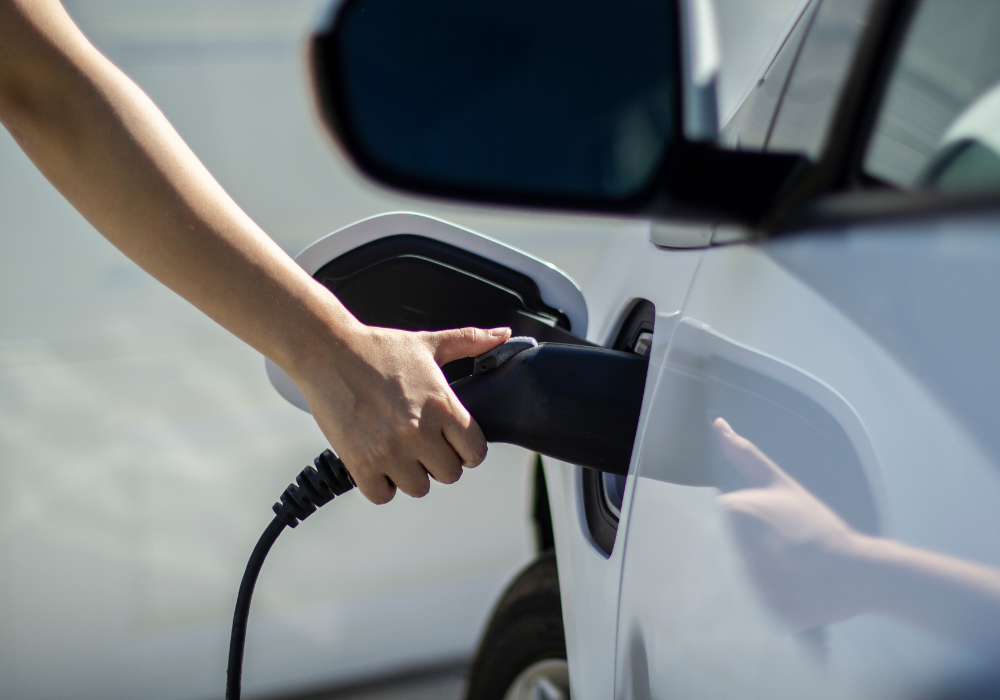
No, they’re not. While electric vehicles have environmental costs (especially in battery production), they still have a significantly lower carbon footprint over their lifetime than gas-powered cars. Once on the road, they don’t emit CO₂, and as the grid gets cleaner, so do they.
The upfront emissions are outweighed by long-term benefits. This argument ignores the real problem: our car-obsessed culture in general. The goal isn’t just switching to EVs—it’s building cities where fewer people need to drive. But that nuance doesn’t make headlines.
Blaming EVs for environmental harm is like blaming Band-Aids for not curing the wound. They’re not perfect, but they’re part of the shift.
9. “Carbon dioxide isn’t even a pollutant.”
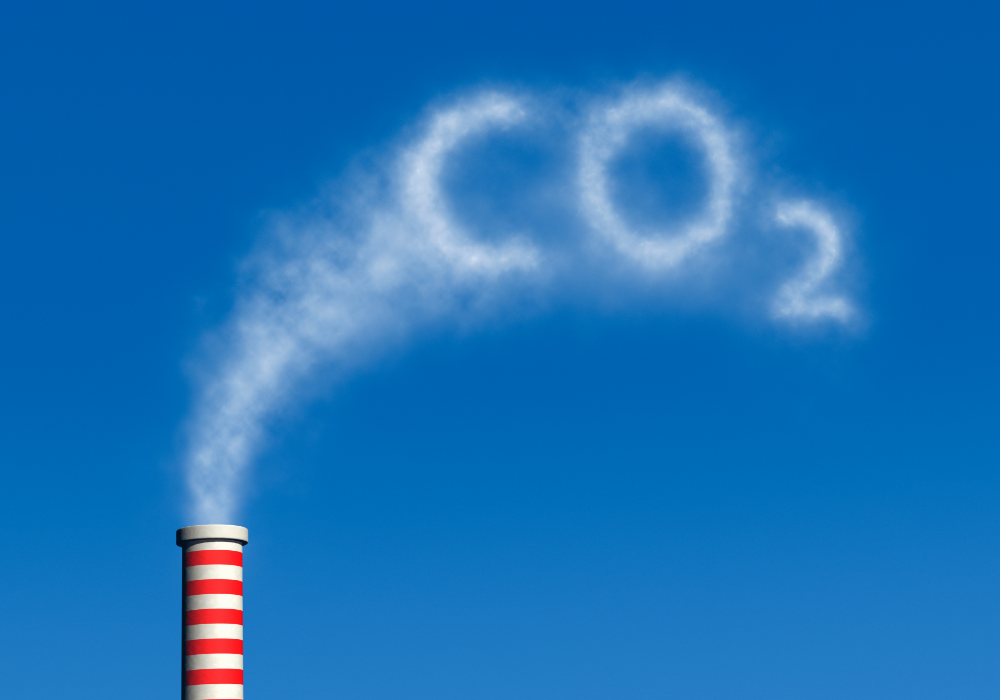
Technically, CO₂ is a naturally occurring gas. It’s essential for life on Earth. But if we dump too much of it into the atmosphere, it becomes a global problem. The dose makes the poison and right now, we’re overdosing the atmosphere—and the planet is reacting accordingly to our actions. Calling CO₂ harmless is a favorite line for climate deniers who want to sound scientific. But cherry-picking facts doesn’t make the argument valid.
We’ve altered the carbon cycle so dramatically that even natural processes can’t keep up. It’s not about whether CO₂ is “natural.” It’s about how much we’re pumping out—and how fast.
10. “Climate science isn’t settled.”

This line usually comes from people who misunderstand how science works. No scientific field is ever “settled” in the absolute sense—because science is a process. But the core facts about climate change?
Those are settled. The planet is warming. Humans are driving it. The consequences are serious. That’s not up for debate.
Decades of research from thousands of scientists across the world say the same thing. Climate science is one of the most peer-reviewed, data-rich fields out there. Casting doubt on that isn’t curiosity—it’s obstruction. And pretending there’s still “debate” where there’s consensus just delays action while the planet keeps heating up.
11. “God controls the climate—not us.”
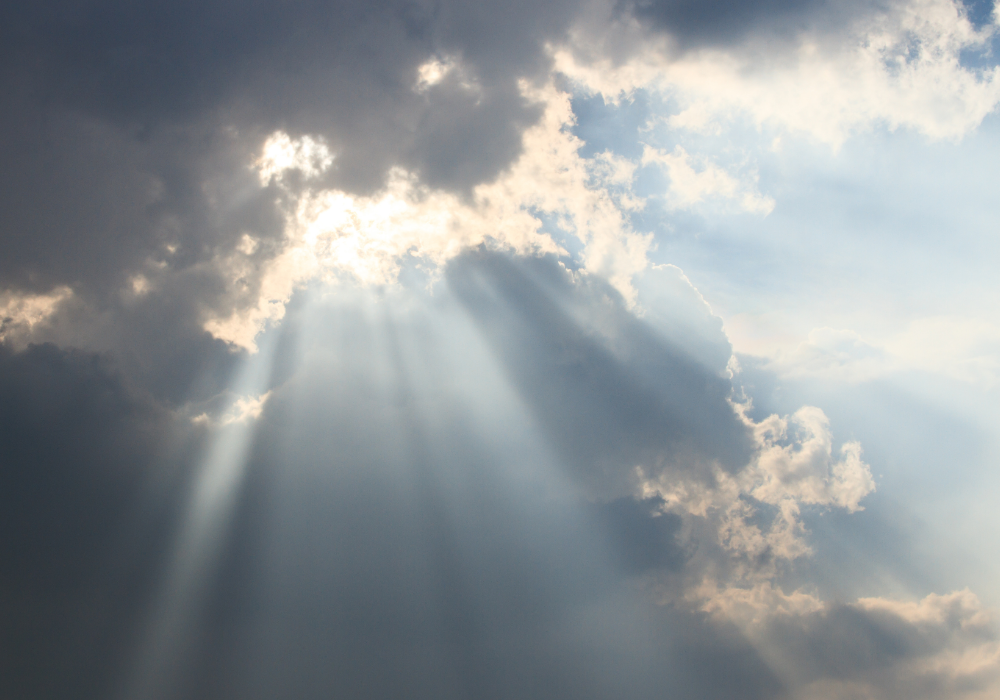
Believing in divine power doesn’t cancel out human responsibility. This argument often shows up as a way to dodge action—if it’s all in God’s hands, why bother?
But many faith leaders around the world argue the opposite: that stewardship of the Earth is a moral duty. Using religion to deny science doesn’t protect the planet—it puts vulnerable communities at even greater risk. Climate change affects real people with real lives, right now. Saying it’s out of our hands isn’t just lazy—it’s dangerous. Faith and climate action aren’t at odds. In fact, many religious groups are leading environmental efforts, not resisting them.
12. “It’s all just a political agenda.”
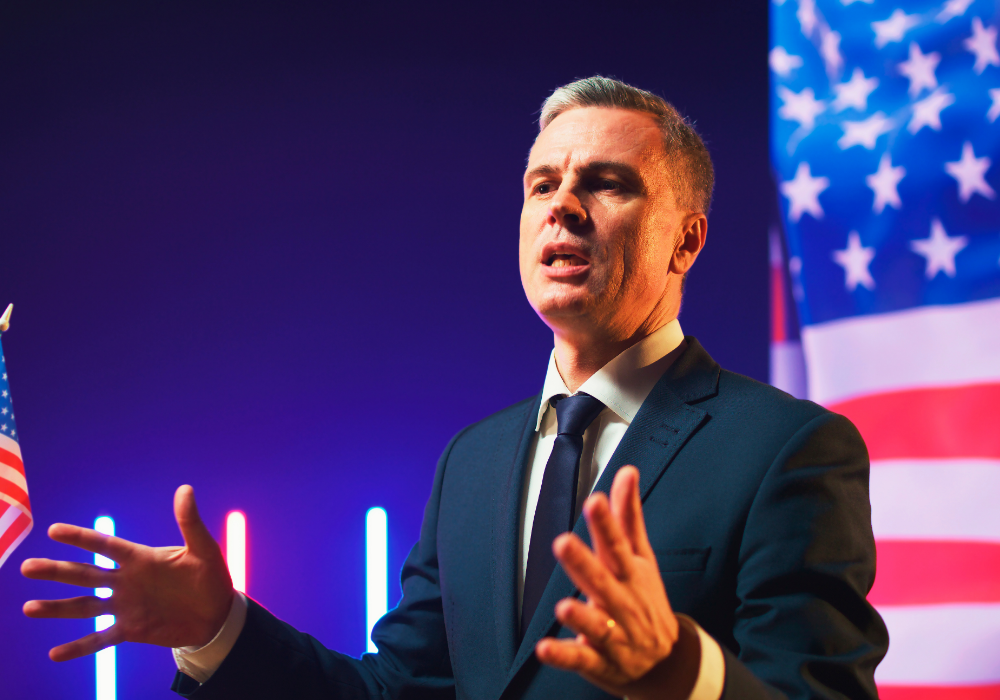
Sure, climate policy involves politics. But the science behind climate change is not political—it’s empirical. This talking point tries to frame every environmental regulation, every clean energy shift, as part of a secret partisan plot. It’s a convenient way to discredit progress without engaging with the facts. When wildfires burn down towns and hurricanes level cities, they don’t ask who you voted for. The impacts are real whether or not you believe in them.
Framing the climate crisis as some kind of hoax ignores the lived experiences of people around the world already facing its effects. This isn’t about politics. It’s about survival. And pretending otherwise is the most dangerous argument of all.